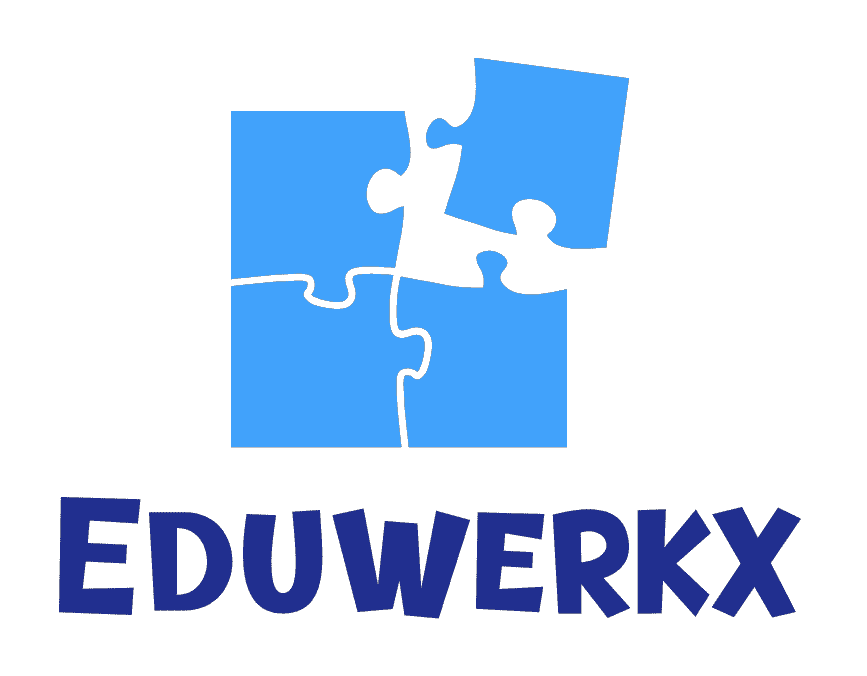
Does the sound of math equations or the sight of a textbook send your teenager running for the hills? You’re not alone. Many teens struggle with specific subjects in school, leaving them feeling frustrated and discouraged. In this post, we will discover two of the most common reasons why this happens.
Is Your Child Learning Wrong?
As parents, it’s essential to provide the right support to help your teen thrive academically and emotionally. Humans are naturally wired to learn and adapt. If your child isn’t finding learning fun and engaging, it could be a sign that the current approach isn’t sparking their natural curiosity.
Like babies who are curious and explore the world around them, teens have a natural drive to learn and engage their minds by exploring new ideas. This drive to understand the world around them is a powerful tool for academic success.
But just like any tool, honing and strengthening it effectively requires finding the right approach. Using the wrong approach is like trying to walk with our hands instead of our legs, though it eventually gets you where you need to go, but it’ll be a much slower, frustrating and exhausting process.
Worse of all, this can lead to injuries, discouragement and dampening of that natural curiosity. The thing is we were born to learn in a specific way. The more the learning process deviates from our natural biology, the harder it is for information to be absorbed and retained.
Using the wrong approach results in having attention issues, decreased motivation, reduced efficiency, stress and burnout. When learning methods align with our natural biology, the results are often stronger and the process itself becomes more enjoyable. We can also achieve a deeper understanding, learn more with less effort and frustration.
Is the Learning Tailored to Your Child’s Needs?
Every teacher brings their own unique experiences and perspectives to the classroom. This can be a strength but also a weakness! What this means is that the student’s learning experience can sometimes feel like a lottery depending on how well their experiences align with the teacher.
For example, when the teacher says “Peter went to the beach with his dog.” While this sentence seems straightforward, each student is going to bring their own unique experiences to the table. They will picture different beaches, some crowded and some not.
The teacher might have a poodle in mind for the “dog”, but students might envision a bulldog or another breed entirely. As these gaps start to pile up over time, students who are not on the same page get labelled as “poor learners” when, in reality, they just needed clear instructions that were tailored to them.
By recognizing that there are diverse backgrounds and perspectives in the classroom, personalized instructions could be a way to bridge knowledge gaps and learn effectively.
Interested to discover the other road blocks and why learning is more than just effort? Follow to find out more in part 2.
#ParentingTips #TeenEducation #AcademicSupport #LearningChallenges #StudyTips #EducationMatters #TeenSupport #SchoolStruggles #EducationalGuidance #ParentingAdvice #Edtech #Eduwerkx #aitutor #education
